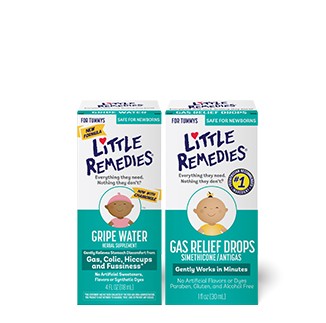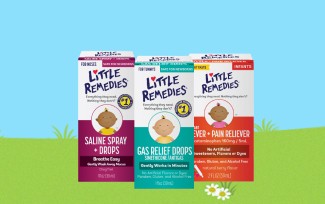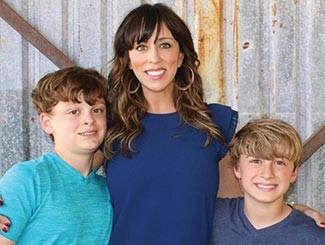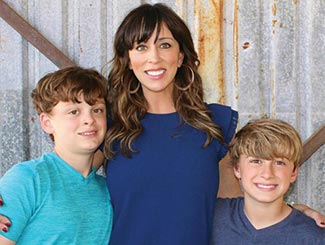
Every mother is different, but I was thrilled when my baby boys started eating solid foods. Hooray! Formula and breast milk just weren’t enough to keep them full, but baby food did the trick. Happy full tummies at last!
When your baby starts eating and enjoying solid foods, it opens the door to lots of fun moments for everyone. Suddenly meals became a whole new world. My boys loved being able to eat at the table with everyone else.
My formerly picky eaters began trying all kinds of foods too. The social nuances of mealtime encouraged them to explore their palettes. Of course, as they got bigger we had those funny moments when they tried a pickle for the first time or licked a lime. In fact, they both loved tasting lemons despite the surprisingly sour zing.
If you’re at a similar spot with your baby and her eating development, here’s a helpful guide to get you both started on this new foodie path.
Age for Solid Foods
Most babies will begin to try solid foods between 4-6 months of age, although pediatricians recommend waiting until a baby is 6 months old. By this age she is sitting upright without assistance, she probably has a few teeth coming in and she has developed the “pincer” grip, so she can grasp things between her thumb and finger. Remember, solid food is anything she will eat beyond breast milk or formula.
How do you keep that cute mouth happy? Check out this article for more info about teeth development and mouth health.
The Right First Foods
Just because your baby is eating solid food doesn’t mean she should be crunching apples! There are recommended first foods that are easier for her to digest and safe for her to swallow. Plus, certain foods have a less likely chance to cause allergic reactions. The best first foods (after baby cereal days) include: avocado, sweet potato, banana or pear. You can read more about best first meals here!
The Single-Grain Game
In the wee stages of her foodie foray, your baby should be eating single-grain cereal since it is fortified with iron, which your baby needs. Cereal is also safe as her “first food.” If she can master runny cereal, then it’s time to try thicker cereal. The first few meals of runny cereal are definitely messy, but she’ll get the hang of it very quickly.
A Pureed Parade
After mushy cereal, most babies move on to pureed veggies, fruits, and meats around 4-8 months. This is when you either stock up on baby food or find recipes to make your own. The great debate over whether your baby should try fruits or veggies first is really up to you. You’ll find plenty of Stage 1 foods for her to enjoy first. As she gets older, her food options will get chunkier, more diverse and more flavorful.
Chopped & Mashed
The key to trying first foods as you baby gets older (9-12 months) is to make sure they are chopped, mashed or ground, so she can chew and swallow them easily. From pureed veggies to ground meats and finely chopped finger foods, it’s surprising how many foods end up in your blender or food processor. For instance, if I made a casserole for my family, I could blend it even more and feed it to my son as his meal.
What Foods Should Baby Avoid?
We’ve mentioned food allergies previously, so keep this in mind as you introduce new foods. Pediatricians recommend avoiding foods like honey, cow’s milk, nuts, popcorn and peanut butter until a baby is at least one.
Check out this article to find out which foods aren't recommended for babies due to allergy concerns.
What are your tips & tricks for introducing baby to solid foods? Share your thoughts on our Facebook Page.









